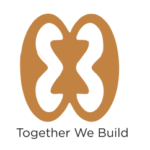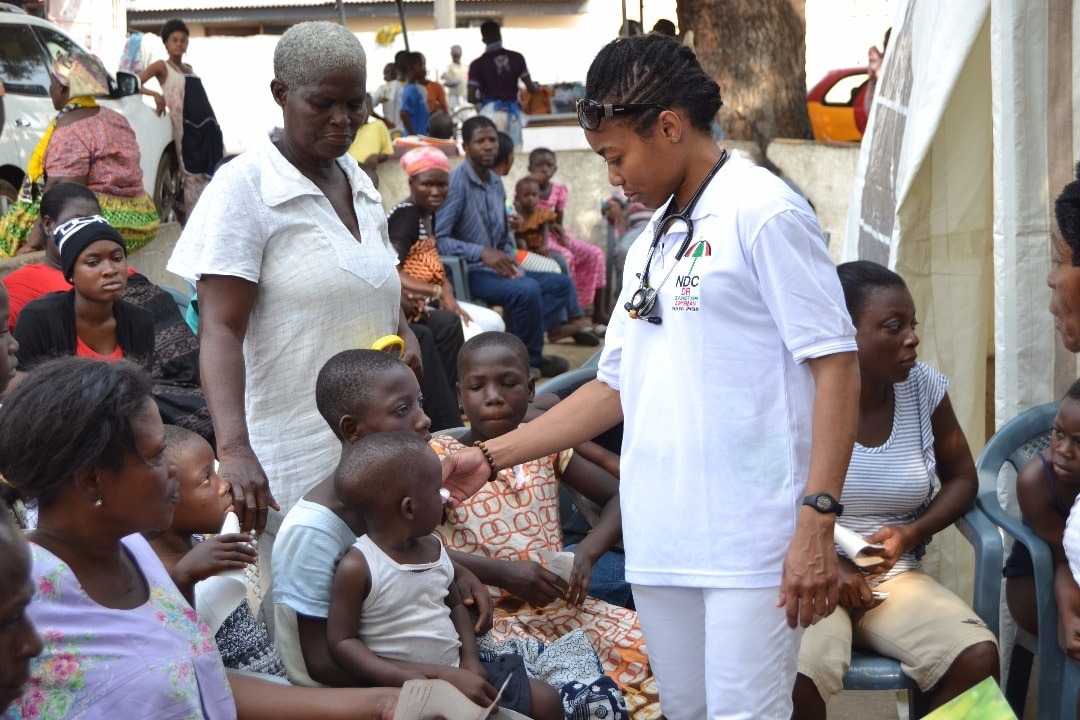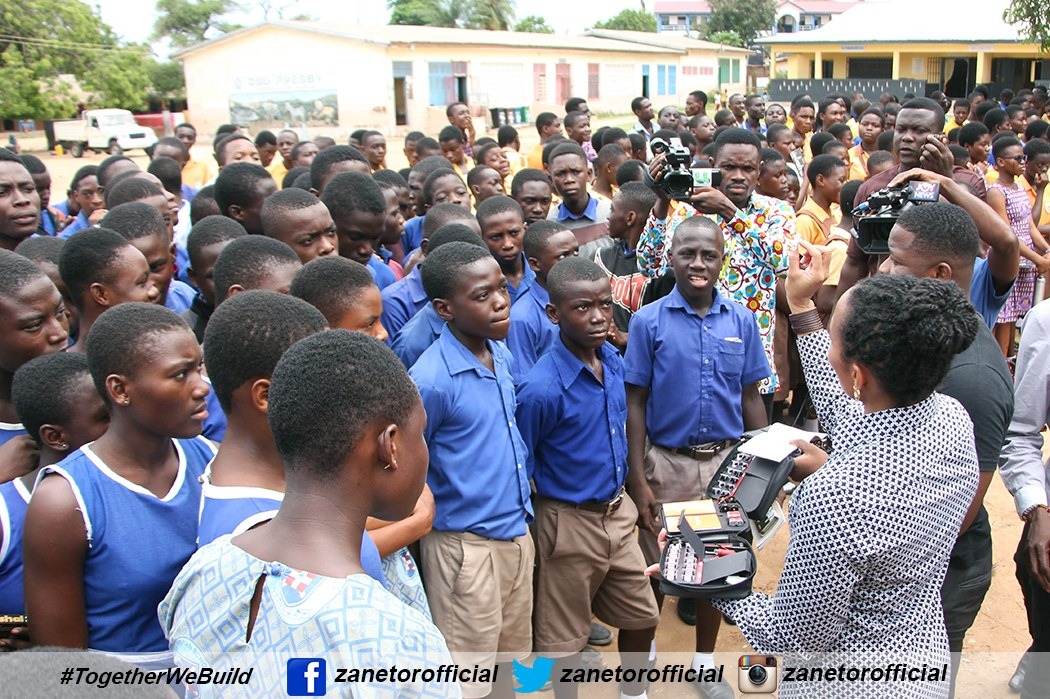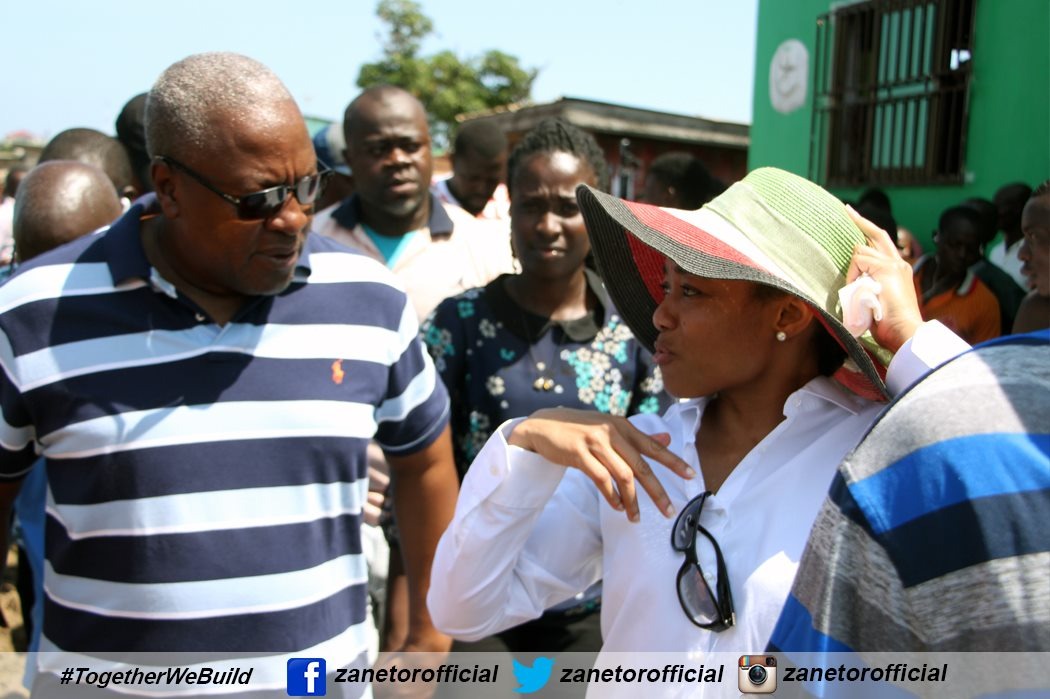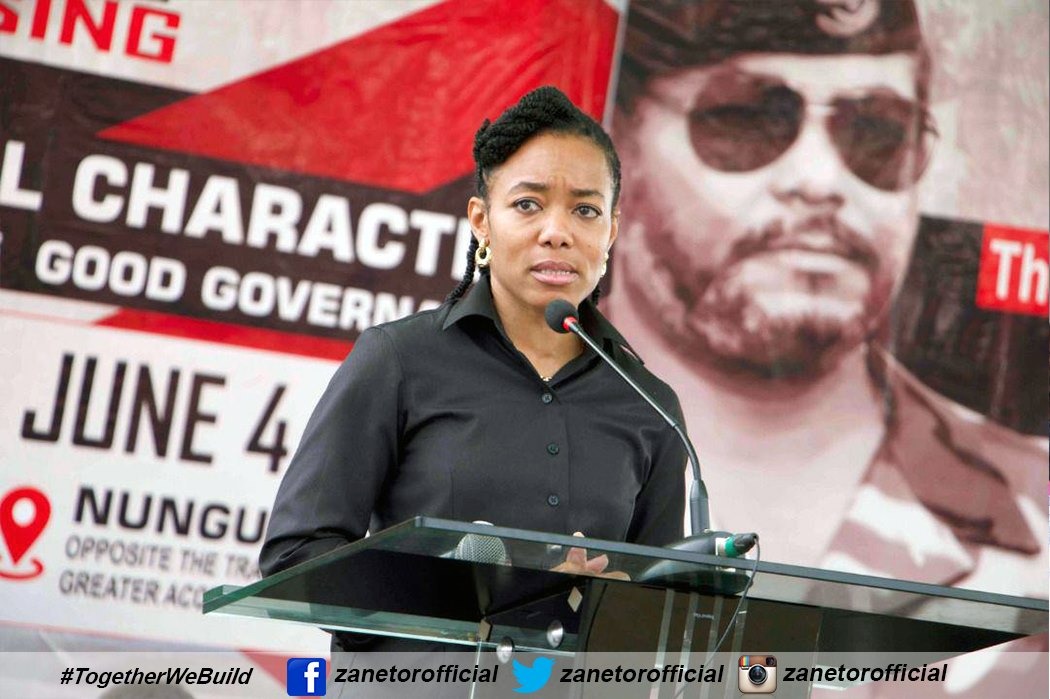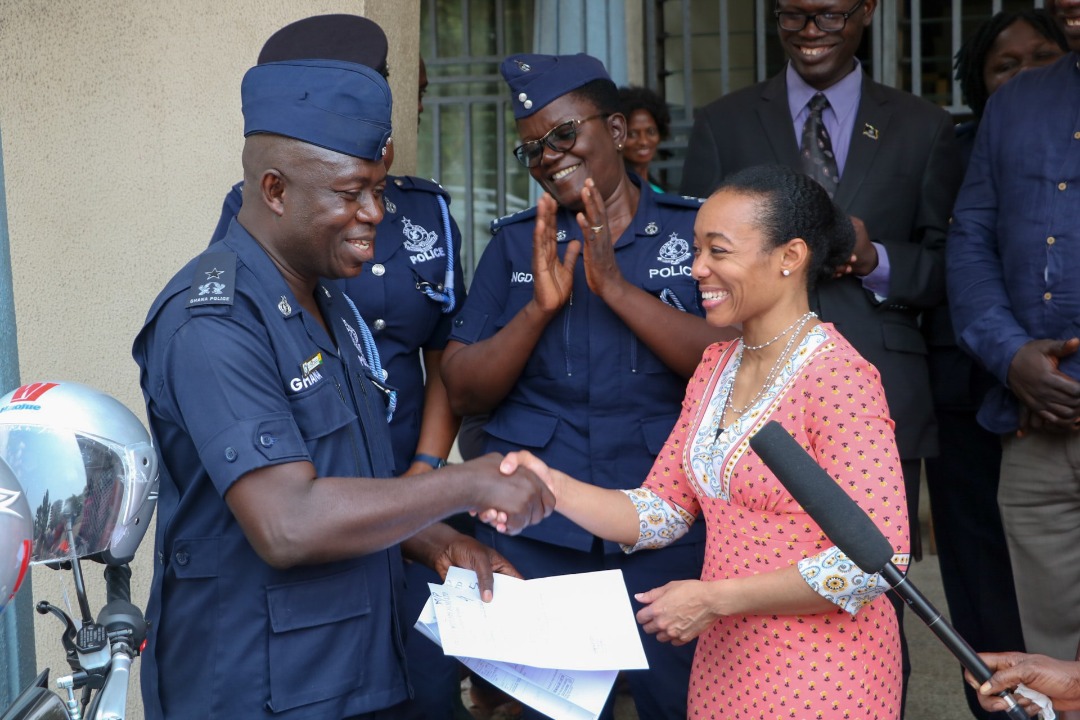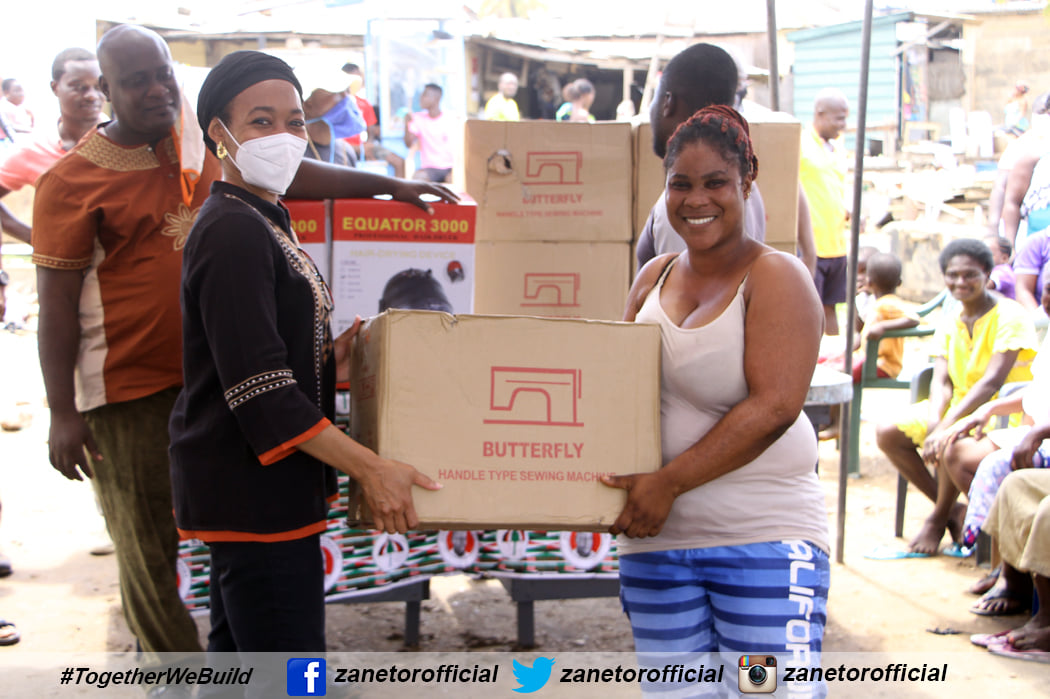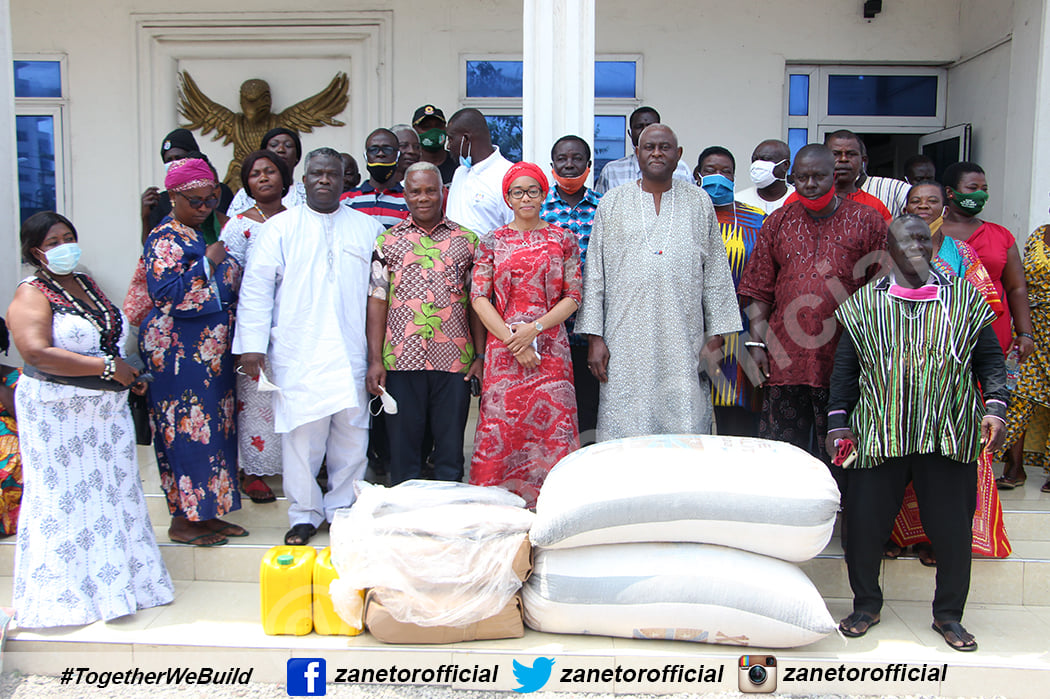Governance
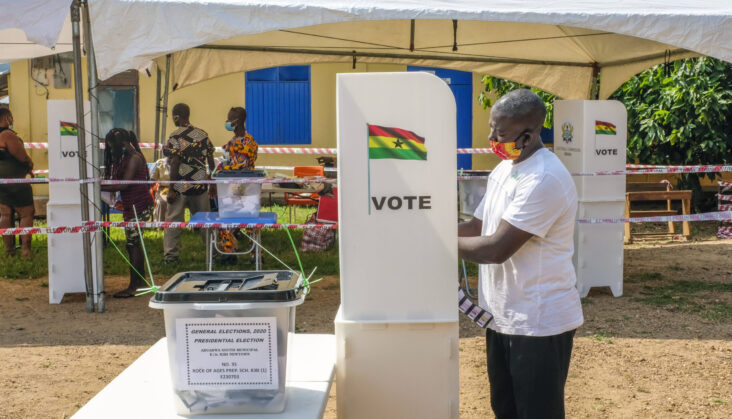
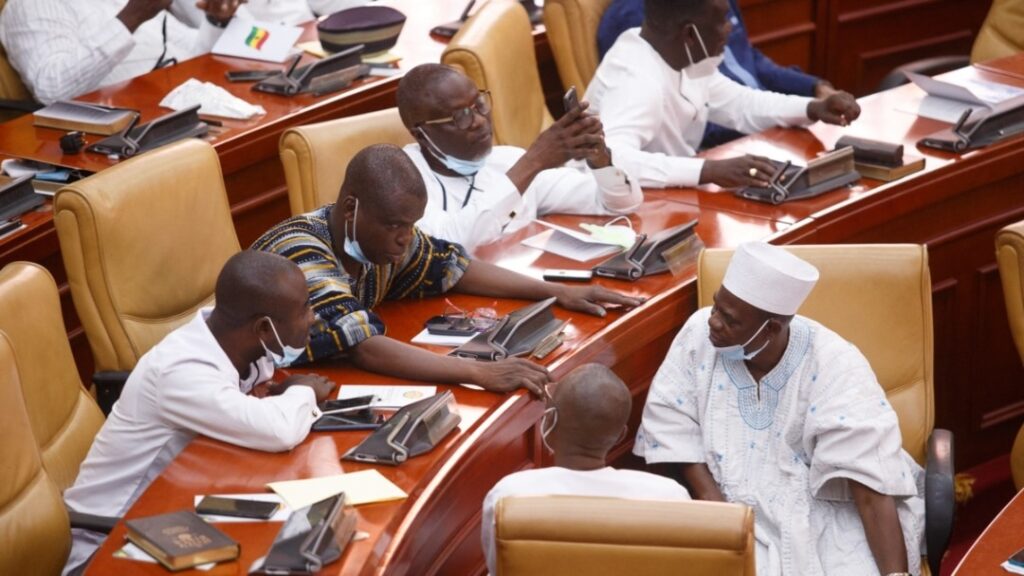
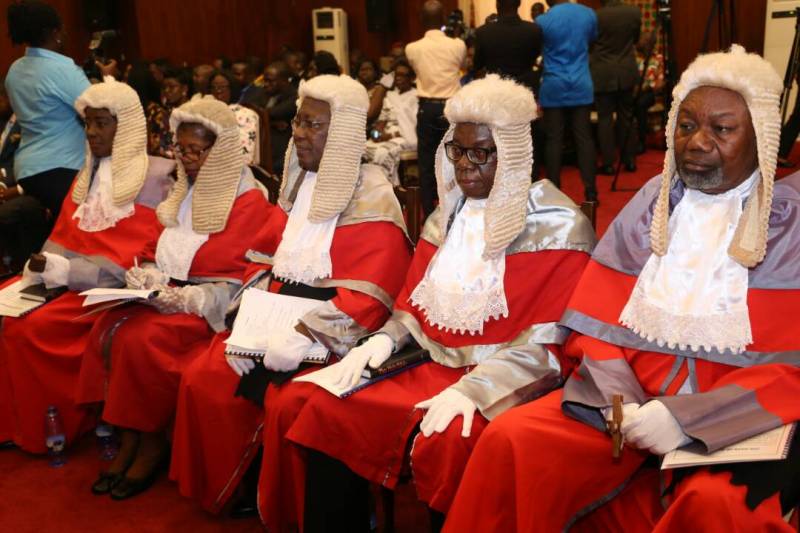
Governance & Politics in Ghana
Governance & Politics in Ghana
Ghana is a unitary presidential democracy with a parliamentary multi-party system that is dominated by two parties – the National Democratic Congress (NDC) and the New Patriotic Party (NPP). Ghana alternated between civilian and military governments until January 1993, when the military government gave way to the Fourth Republic of Ghana after presidential and parliamentary elections in late 1992. The 1992 constitution of Ghana divides powers among a Commander-in-Chief of the Ghana Armed Forces (President of Ghana), parliament (Parliament of Ghana), cabinet (Cabinet of Ghana), council of state (Ghanaian Council of State), and an independent judiciary (Judiciary of Ghana). The Government of Ghana is elected by universal suffrage after every four years.
Nana Akufo-Addowon the Presidency in the Ghanaian general election held on 7 December 2016, defeating incumbent John Mahama. He was sworn in on 7 January 2017. He also won the 2020 election and was subsequently sworn in on 7 January 2021. Presidents are limited to two four-year terms in office. The president can serve a second term only upon re-election. Ghana has never had a female president.
The 2012 Fragile States Index indicated that Ghana is ranked the 67th least fragile state in the world and the 5th least fragile state in Africa after Mauritius, 2nd Seychelles, 3rdBotswana, and 4th South Africa. Ghana ranked 112th out of 177 countries on the index. Ghana ranked as the 64th least corrupt and politically corrupt country in the world out of all 174 countries ranked and Ghana ranked as the 5th least corrupt and politically corrupt country in Africa out of 53 countries in the 2012 Transparency International Corruption Perception Index. Ghana was ranked 7th in Africa out of 53 countries in the 2012 Ibrahim Index of African Governance. The Ibrahim Index is a comprehensive measure of African government, based on a number of different variables which reflect the success with which governments deliver essential political goods to its citizens.
